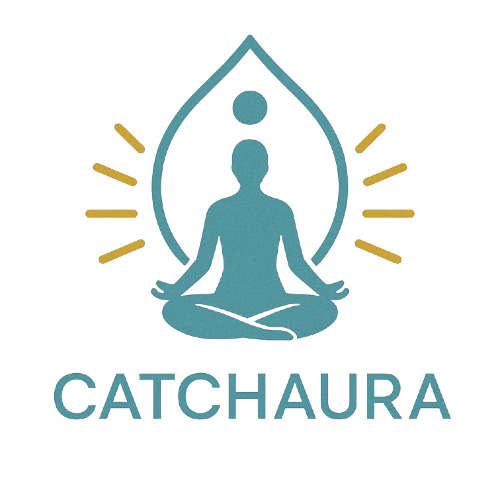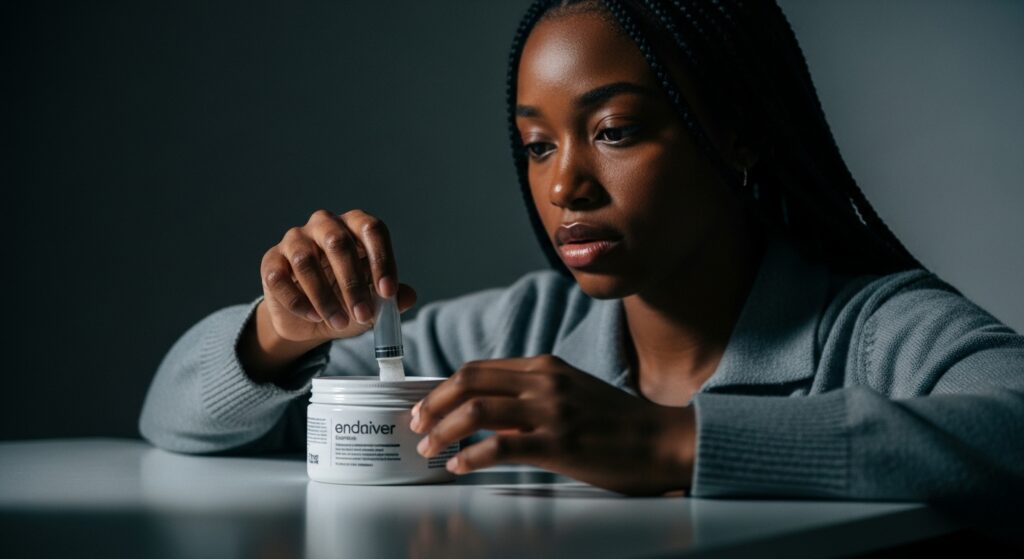Electrolytes & Hydration: The Hidden Key to All-Day Energy
Estimated reading time: 5 minutes
Key Takeaways
- Electrolytes (sodium, potassium, magnesium, calcium) are essential for nerve function, muscle contractions, and hydration.
- Proper hydration enhances cognitive performance, metabolism, and energy levels.
- Natural electrolyte sources like sea salt, bananas, and leafy greens are more effective than sugary sports drinks.
- Athletes and active individuals need targeted electrolyte replenishment before, during, and after workouts.
- Simple habits like morning electrolyte drinks and hydration reminders can significantly boost energy.
Why Electrolytes Are the Unsung Heroes of Energy
Electrolytes—minerals like sodium, potassium, magnesium, and calcium—are responsible for conducting electrical impulses in your body. These tiny powerhouses regulate nerve function, muscle contractions, and fluid balance. Without them, even simple tasks can feel exhausting.
According to the Cleveland Clinic, electrolytes help maintain:
- Proper hydration levels
- Optimal nerve signaling
- Muscle function (including your heart!)
- pH balance in the blood
When electrolyte levels drop (due to sweating, dehydration, or poor diet), you may experience fatigue, brain fog, cramps, or dizziness. That’s why replenishing electrolytes is key to all-day energy.
How Hydration Fuels Your Day
Water makes up about 60% of your body weight, and even mild dehydration can lead to:
- Reduced cognitive performance
- Slower metabolism
- Increased fatigue
- Headaches
A study highlighted by the Food Revolution Network explains that electrolytes enhance hydration by helping cells absorb water more efficiently. This means drinking water alone isn’t always enough—especially if you’re active or live in a hot climate.
5 Science-Backed Tips for Staying Hydrated & Energized
1. Start Your Day with Electrolytes
Instead of reaching for coffee first thing, try a glass of water with a pinch of sea salt and lemon. This simple trick kickstarts hydration and replenishes lost minerals overnight.
2. Set Hydration Reminders
As noted by OSF Healthcare, many people forget to drink water simply because they’re busy. Use phone alarms or a marked water bottle to track intake.
3. Eat Water-Rich Foods
Cucumbers, watermelon, and leafy greens provide both fluids and electrolytes naturally.
4. Optimize Hydration for Workouts
The National Academy of Sports Medicine (NASM) emphasizes that athletes lose electrolytes through sweat and need targeted replenishment. Consider an electrolyte-enhanced drink before, during, and after exercise.
5. Monitor Your Urine Color
Light yellow = well-hydrated. Dark yellow = drink more fluids!
Hydration Tips for Athletes & Active Lifestyles
For those who train hard, hydration isn’t just about water—it’s about electrolyte balance. Mass General Brigham recommends:
- Drinking 16-20 oz of water 2-3 hours before exercise
- Consuming electrolyte-rich fluids during long workouts
- Replenishing with a post-workout recovery drink
Pro Tip: Avoid sugary sports drinks. Instead, opt for natural options like coconut water or homemade electrolyte blends.
Electrolytes: Natural Sources vs. Supplements
While supplements can help, whole foods are the best way to maintain electrolyte balance:
- Sodium: Sea salt, pickles, olives
- Potassium: Bananas, sweet potatoes, spinach
- Magnesium: Almonds, dark chocolate, avocados
- Calcium: Dairy, leafy greens, fortified plant milks
If you prefer supplements, look for clean, sugar-free options with balanced mineral ratios.
FAQ
What are the signs of electrolyte imbalance?
Fatigue, muscle cramps, dizziness, headaches, and irregular heartbeat can indicate low electrolyte levels.
How much water should I drink daily?
A general guideline is half your body weight (in pounds) in ounces, but adjust for activity level and climate.
Are sports drinks effective for hydration?
Many contain excessive sugar. Natural alternatives like coconut water or homemade mixes are healthier.
Can you overhydrate?
Yes, hyponatremia (low sodium) can occur if you drink too much water without electrolyte replenishment.


Pingback: 10 Morning Habits for a Transformative Wellness Routine - Catchaura
Pingback: 🧠 10 Morning Wellness Routine Habits for a Better Day ...